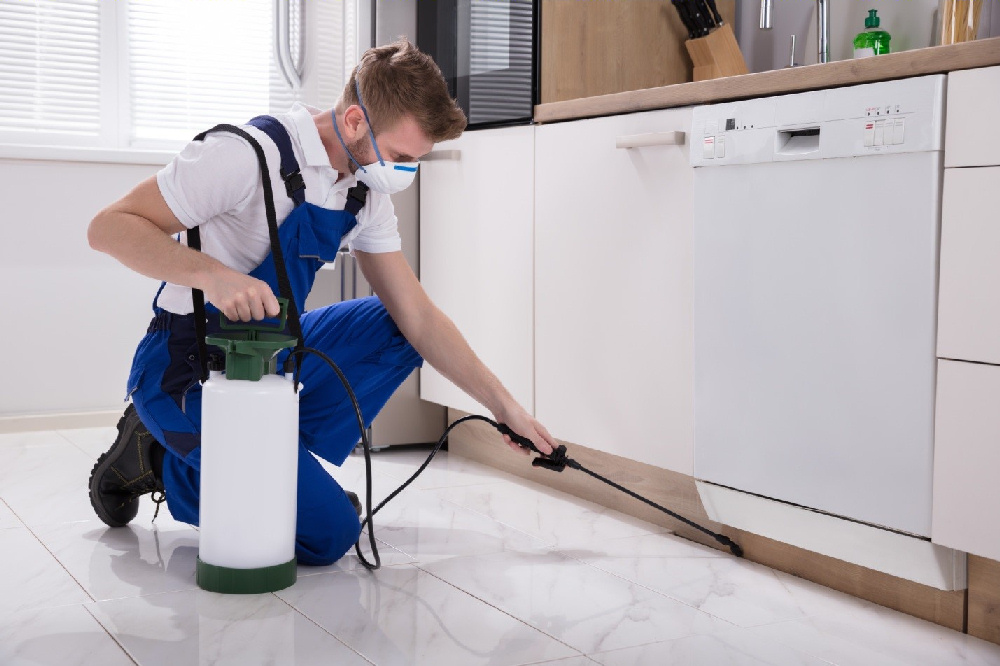Pest control is often a topic that raises many questions, particularly about what it entails and why it is necessary. When considering what does pest control cover, it is essential to understand that pest control is a comprehensive approach to managing and eradicating unwanted pests from homes and businesses. This article aims to provide an in-depth look at the various aspects of pest control, addressing common queries and offering insights into its significance.
In this exploration, we will cover different services provided by pest control companies, the types of pests involved, preventive measures, and much more. Understanding these aspects is crucial for homeowners and business owners alike who want to maintain a pest-free environment.

Understanding Pest Control Services
Pest control encompasses a range of services designed to eliminate or manage pest populations effectively. These services vary from one company to another, but generally include the following:
1. Inspection
A thorough inspection is the first step in any pest control process. During the inspection, technicians identify signs of pest activity and determine the extent of the infestation. A detailed assessment also helps to identify potential entry points and breeding grounds for pests.
2. Treatment
Once the inspection is completed, the next step involves treatment. This may include various methods such as:
- Chemical Treatments: Insecticides and pesticides are commonly used to eliminate pests. These are applied strategically based on the type of pest and the severity of the infestation.
- Mechanical Methods: Traps and barriers can effectively control pest populations without the use of chemicals.
- Biological Control: Promoting natural predators of pests can help manage pest populations sustainably.
3. Monitoring
After treatment, ongoing monitoring is crucial to ensure that the pests do not return. Pest control professionals will often schedule follow-up visits to assess the situation and take further action if needed.
4. Prevention Strategies
Preventive measures are essential in pest control. This includes:
- Sealing entry points to minimize access for pests.
- Maintaining cleanliness and reducing clutter, which can serve as hiding places.
- Implementing landscaping modifications to deter pests from entering your property.

Types of Pests Covered by Pest Control Services
Pest control services cover a wide variety of pests, and understanding these can help in knowing what to expect from pest control professionals. Some common types include:
1. Rodents
Rodents like mice and rats can cause significant damage and pose health risks. Effective pest control focused on rodents often involves trapping and baiting.
2. Insects
Insects such as ants, termites, and cockroaches are prevalent pests. Treatment methods may combine chemical sprays, baiting systems, and environmental modifications.
3. Bed Bugs
Bed bugs have become increasingly problematic in residential areas. Specialized heat treatments and insecticides are employed to eliminate these pests while ensuring safety.
4. Wildlife
Wildlife control is also a component of pest management. This includes responsible removal of larger pests like raccoons, squirrels, and birds that can wreak havoc in urban settings.

Importance of Pest Control
The significance of pest control can never be overstated. Not only does it protect your home and property, but it also safeguards your health. Pests are known to carry various diseases that can be transmitted to humans and pets.
Furthermore, effective pest control helps to maintain structural integrity. For instance, termites alone cause billions of dollars in damage nationwide each year. By regularly engaging pest control services, homeowners can avoid costly repairs associated with pest damage.

How Often Should You Schedule Pest Control?
Determining how frequently to schedule pest control depends on several factors including your location, the season, and the types of pests in your area. While some recommend quarterly treatments, others may prefer annual services. Regular assessments by pest control professionals can help devise an appropriate schedule tailored to your specific needs.
Special Considerations for Pest Control
When considering pest control, there are special factors to keep in mind:
- Safety First: Always inquire about the safety of chemical treatments, especially if you have pets or children.
- Eco-Friendly Options: Many companies now offer environmentally friendly solutions, which may be worth considering.
- DIY vs. Professional Services: While some homeowners attempt DIY pest control, professional help is often more effective for significant infestations.
Common Myths About Pest Control
There are many misconceptions about pest control that can lead to confusion, such as:
- Pest control is only necessary in spring and summer.
- All pest control methods involve harmful chemicals.
- Once a pest is gone, they will not return.
Understanding the facts around pest control can pave the way for a more successful and informed approach.
FAQs about Pest Control
What does pest control cover regarding prevention?
Pest control covers various preventive measures such as sealing entry points, maintaining cleanliness, and monitoring for signs of pests.
How often should I consider pest control services?
The frequency of pest control services varies, but quarterly visits are often recommended to monitor and manage pest populations effectively.
Can I perform pest control measures myself?
While DIY methods exist, professional pest control provides more comprehensive service, especially for larger infestations.
In conclusion, understanding what does pest control cover is fundamental in maintaining safe and pest-free environments. For anyone looking for more information or specific pest control services, check out this helpful resource.
As an Amazon Associate, I earn from qualifying purchases.
